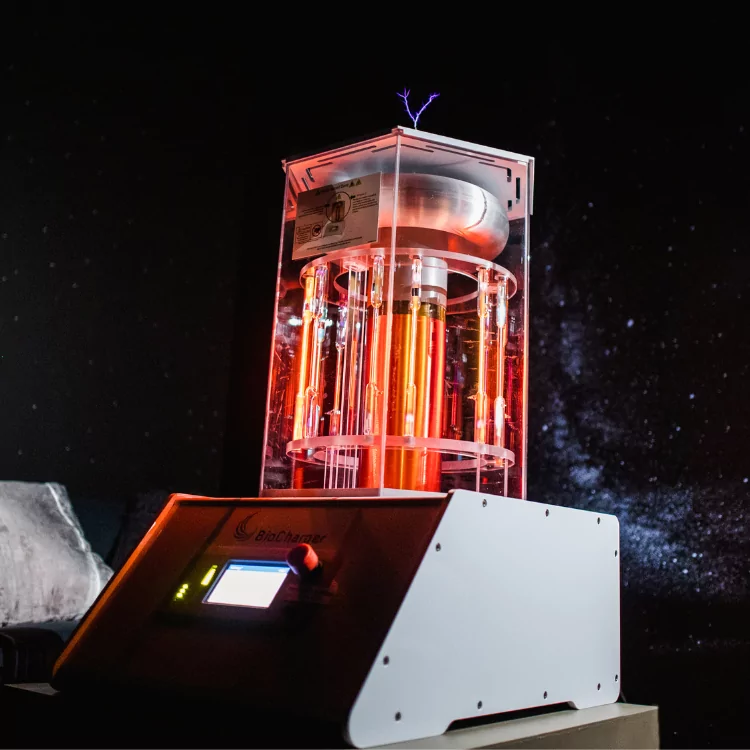
Your weekly longevity insights are here.
Dolphins may hold the key to longer life — and it’s not because they’re great swimmers.
Turns out, the secret ingredient might be hiding in your cheese drawer, not your supplement cabinet.
Don’t keep longer. a secret—share it with your friends!
This week in longevity:
🧠 One new thing a day sharpens memory
🧫 Super stem cells boosted by sugar swap
🧪 Skin cells age in 3 surprising ways
🥗 Low-methionine diet reverses frailty in mice
🛏️ Biohacker slows aging to 8 months per year
Plus, more longevity breakthroughs.
Read time: 5 minutes
THIS WEEK IN LONGEVITY
🐬 Dolphin study sparks discovery of new anti-aging fat
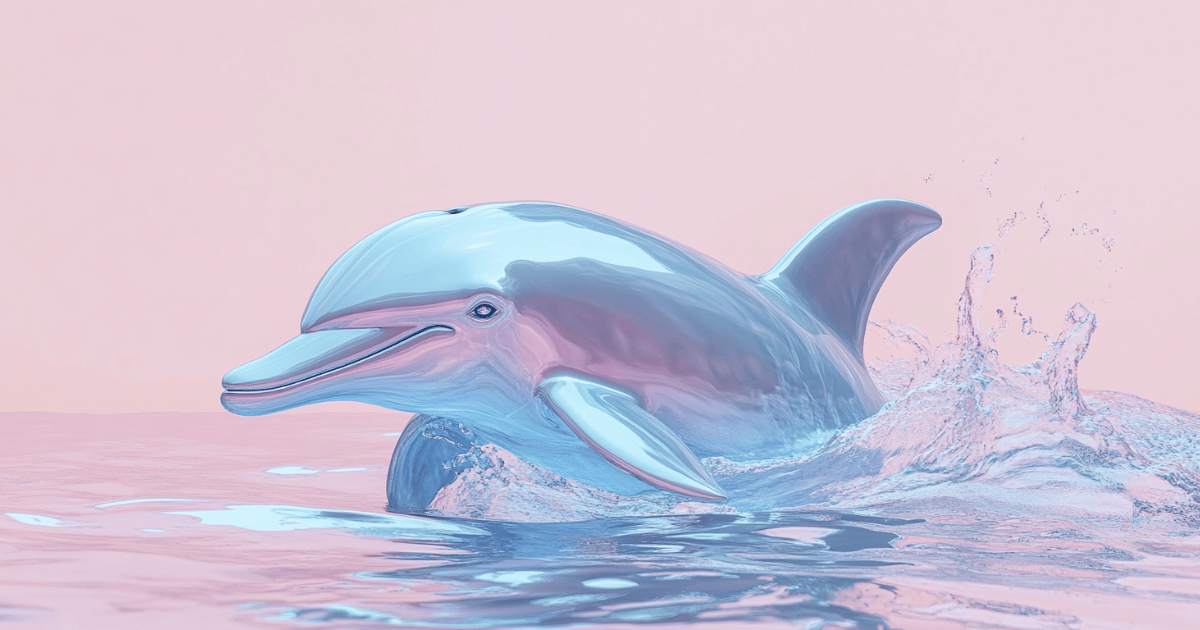
Source: longer. / Midjourney
A rare fat called C15:0, first spotted in US Navy dolphins, may be the newest must-have nutrient for longevity. Scientists found dolphins eating C15:0-rich fish stayed healthier longer, inspiring the creation of a daily supplement called Fatty15. Unlike most wellness trends, this one has solid science behind it—and even better, it’s also found in full-fat cheese like pecorino.
What to know:
Discovery by accident: While studying Navy dolphins, researchers found healthier ones had higher levels of C15:0 (a rare saturated fat found in fish and dairy).
How it works: C15:0 helps repair cells, reduce inflammation, improve liver health, and support mitochondria (your cell’s energy engines).
Better than Omega-3s?: Surprisingly, C15:0 beat Omega-3s in predicting dolphin health, prompting deeper research into its human benefits.
Hard to get naturally: This fat mostly comes from full-fat dairy and certain fish, but many people—especially vegans—don’t get enough.
Now in supplement form: Fatty15, a vegan capsule version, is backed by 100+ studies and already being used by doctors.
Why it’s important: Most supplements don’t live up to the hype, but this one has legit science and a wild backstory involving dolphins. If you’re into aging well, C15:0 might be the real deal—and yes, full-fat cheese could be part of the plan.
MADE POSSIBLE BY VIOME
🧬 Your body’s not guessing — so why are your supplements?

Source: Viome
Viome’s Full Body Intelligence Test looks at your microbiome, cellular health, and biological age to show what’s really going on inside.
Then it builds personalized supplements based on your results — only what your body needs, nothing extra.
Better sleep. Better energy. Better digestion.
Trusted by 500,000+ and shipped straight to your door.
🧠 One new thing a day may protect your memory

Source: longer. / Midjourney
Trying one new thing a day—like a different walking route or talking to someone new—can improve your memory, mood, and even how fast time feels. A University of Toronto study found that “experiential diversity” (adding new experiences to your routine) helps older adults fight boredom and cognitive decline. But here’s the best part: it benefits people of all ages.
What to know:
Daily novelty matters: Doing something new each day—big or small—boosted memory, reduced boredom, and lifted people’s moods.
Tested during lockdown: Researchers studied 71 seniors during COVID restrictions and saw clear benefits from simple daily changes.
Brain app used: Participants used a tool called HippoCamera (designed to mimic how the brain stores memory) to record and reflect on meaningful moments.
Emotional impact: New experiences helped people feel more present and less isolated, with time feeling like it passed faster.
Anyone can try it: Though focused on older adults, the benefits were seen in all ages—great news if you’re feeling stuck in a rut.
Why it’s important: You don’t need a gym or a fancy brain game—just doing one new thing a day can make your brain sharper and your days feel brighter. It’s a simple, feel-good way to fight memory loss and boost mental health, no matter your age.
💡 Want to break down a research article? Try this prompt in ChatGPT:
“Explain this in plain language. Avoid science terms. Keep it under 5 sentences. Then give 5 takeaways based only on this summary—no extra info or guesses: [Paste the article here]”
MONEY MOVES IN LONGEVITY
💰 GSK inks $2.5B deal with ABL Bio to deliver neurodegenerative drugs across the blood-brain barrier using Grabody-B antibody platform.
💰 Biolinq raises $100M for a minimally invasive glucose sensor and plans expansion to other metabolic biomarkers for healthspan tracking.
💰 Breyer Capital names Morgan Cheatham to lead early-stage healthcare and longevity investments, including AI-driven biomedical tech.
💰 Superpower lands $30M to expand its AI-based platform offering biomarker testing, concierge care, and personalized longevity protocols.
IN THE SPOTLIGHT
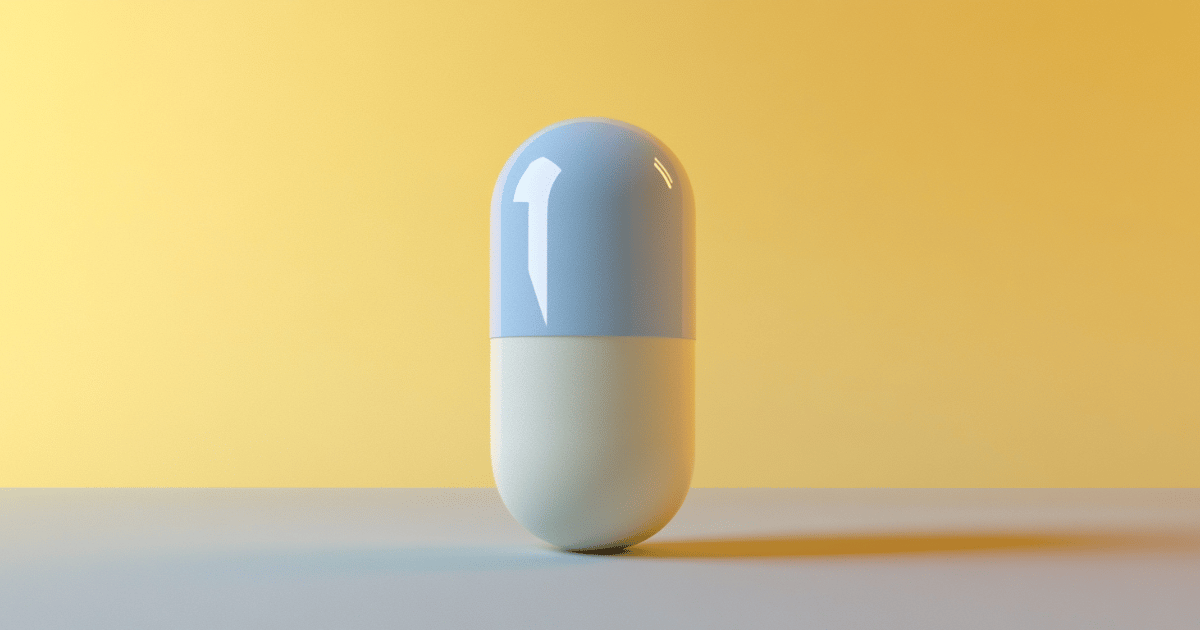
Source: longer. / Midjourney
1. Your Real Age Might Not Be on Your Birth Certificate
AI apps are changing how we understand aging by tracking “biological age”—how well your body functions, not how long you’ve lived. Tools from companies like Rejuve AI, InsideTracker, and Elysium now estimate your health age using DNA and lifestyle data. Experts say this shift could revolutionize how we prevent disease and stay healthy longer.
2. New NAD Booster Enters Human Trials to Target Aging at the Source
MetroBiotech just dosed the first volunteers in a trial for MIB-725, a new compound designed to boost NAD+ (a molecule vital for energy and cell repair) through a unique pathway. MIB stands for “MetroBiotech Investigational Booster,” and this version may work better than NMN. Early results show no serious side effects, marking a hopeful step in treating age-related disease.
3. Stronger Immunity in Midlife Could Help You Age Better
New research shows that people with strong immune resilience—your body’s ability to fight disease—live longer and healthier lives. Those aged 40–70 with high immune resilience had a 69% lower risk of death, thanks to better protection against inflammation and aging. Boosting this defense early may be key to avoiding chronic illness later in life.
NEXT-GEN LONGEVITY
THE NEXT BIG THING
Is Sweat the Next Health Tracker?
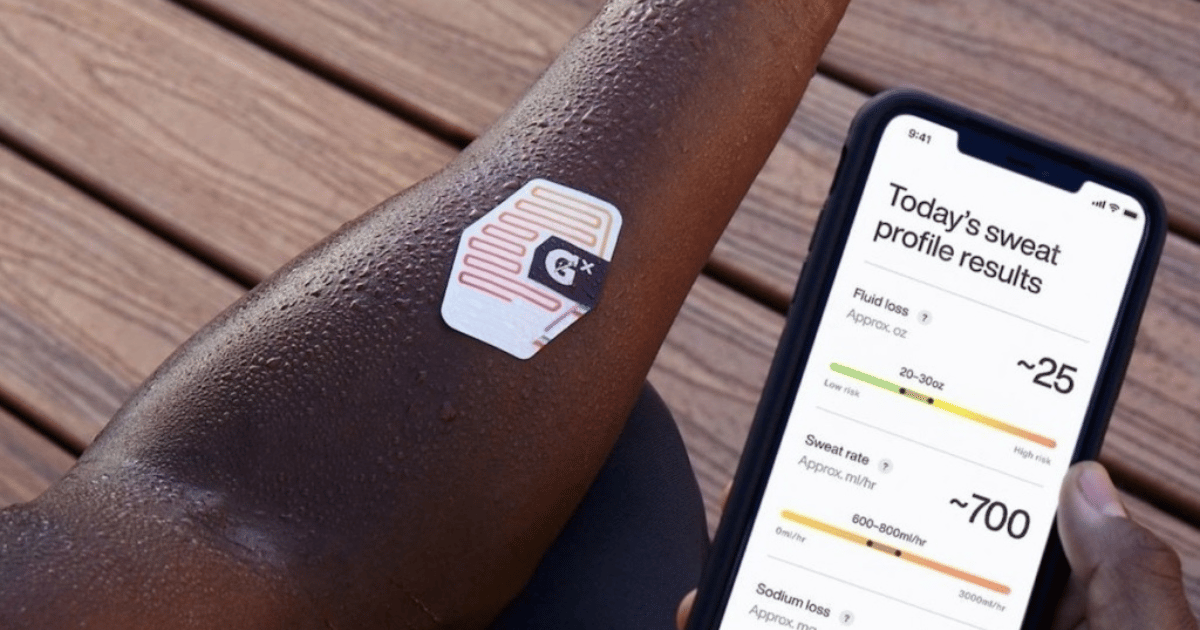
Source: Epicore Biosystems
A new patch reads your sweat—no needles, no blood.
Epicore’s patch monitors hydration, salt levels, and temperature in real time. Now it’s being tested for kidney function, stress, and vitamin levels—using the sweat your body produces all day, even without exercise.
A new layer of insight from something we usually wipe away.
QUICK HITS
WHAT ELSE YOU SHOULD KNOW THIS WEEK
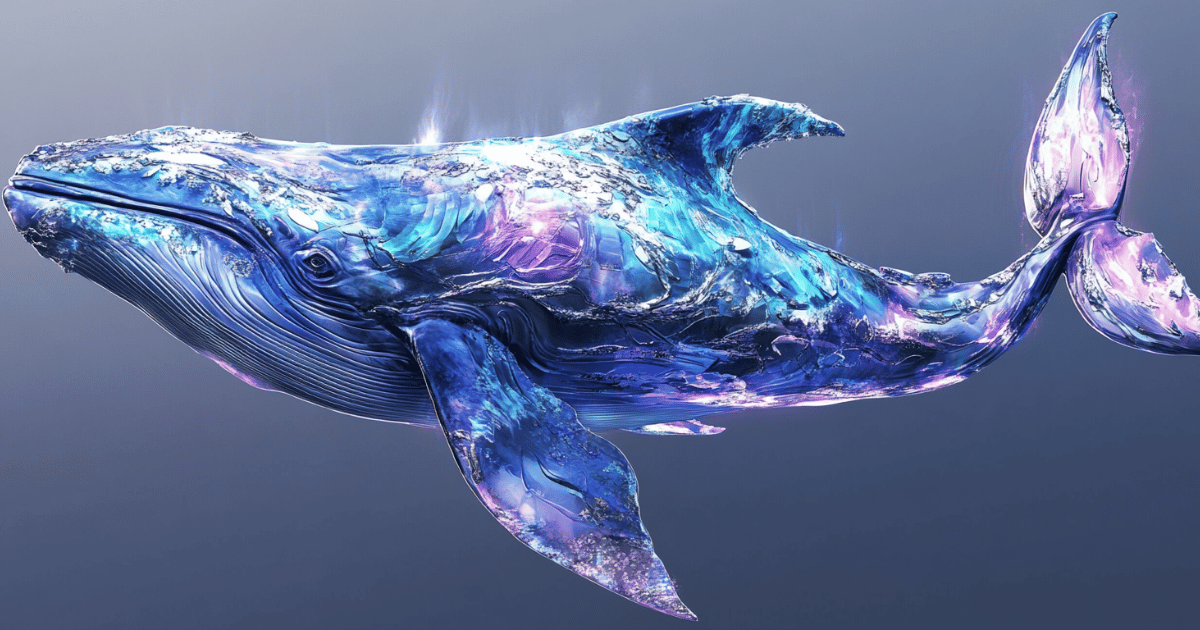
Source: longer. / Midjourney
🧪 Aging Paths: Johns Hopkins researchers found skin cells age in three distinct ways, not just one. Each path responds differently to anti-aging drugs, opening doors to precision longevity therapies.
🥗 Protein Shift: Cutting methionine (a protein-building amino acid) in older mice improved muscle strength, brain function, and reduced frailty. The benefits kicked in fast—even when the diet began late in life.
🛠️ Aging Tools: Biohacker Bryan Johnson, 47, swears by stainless steel meals, red light therapy, and wearable trackers to slow his aging to 8 months per year. His tools—from olive oil to a smart bed—aim to boost daily longevity.
🧬 Protein Power: Bar-Ilan scientists found long-lived mammals like whales share key protein changes that guard against aging and disease. These tweaks in acetylation (a chemical tag) could unlock therapies for longer, healthier lives.
🧫 Super Cells: University of Copenhagen scientists created “super stem cells” by switching their energy source from glucose to galactose. The tweak boosted cell performance and could improve IVF success and regenerative therapies.
WHAT WE’RE BOOKMARKING
📱 Social
🎧 Podcasts
📰 Articles
⚙️ Tools to Try
Thanks for reading.
What did you think of this week’s newsletter?
See you in the next issue.




